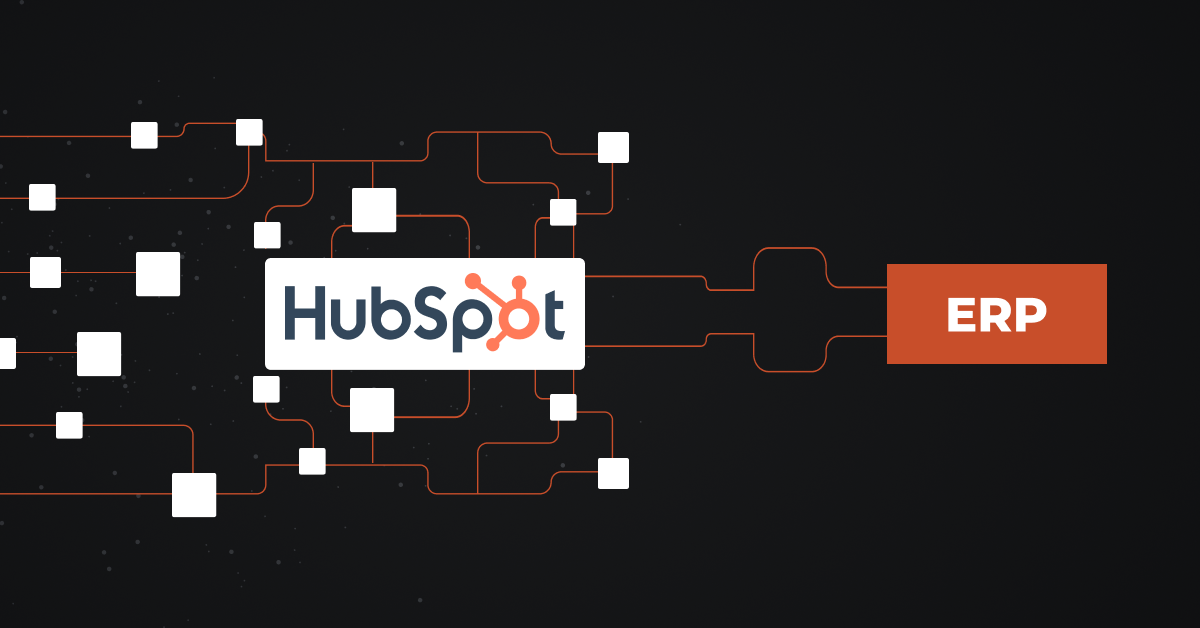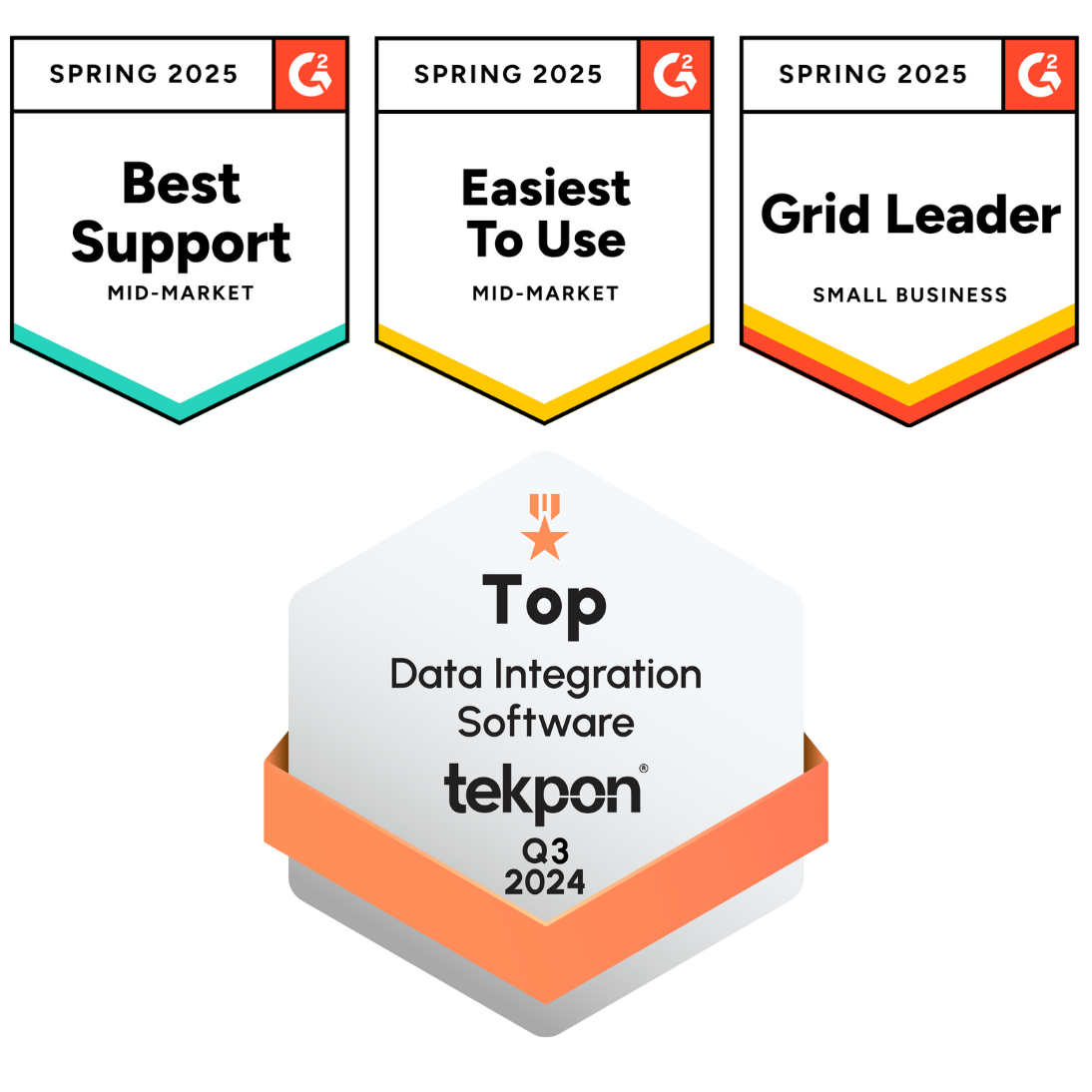Businesses always look for better methods to handle data, simplify operations, and boost consumer satisfaction. When merging two renowned platforms like Shopify and Sage 100, integration becomes even more important in attaining these aims.
This guide should help understand how that can be achieved, why it’s important, advantages, challenges and our top pick for integrating Sage 100 with Shopify.
Top 4 Ways to Integrate Shopify and Sage 100
Businesses are increasingly realizing the importance of integrating Shopify with Sage 100 to improve operations and enhance efficiency. Methods that are in line with unique business needs must be carefully considered in order to achieve a seamless integration.
We take a look at the five most popular ways to connect the ecommerce platform and ERP comparing and contrasting their features, benefits, and potential uses.
1. Custom Integrations
Key Features:
- Tailored Solutions: Can be executed with custom integration agencies like Klizer, who aim to fulfill your particular business requirements and streamline your unique procedures.
- Scalability: Provides scalability to meet the changing demands of integration and expanding corporate operations.
- Complete Data Mapping: This enables accurate data mapping, which guarantees that sales data, inventory information, and client details are accurately synchronized.
Advantages:
- Flexibility: The ability to adapt to different business processes and data types is a key feature of this product.
- Optimized Performance: Delivers peak performance by harmonizing with preexisting processes.
- Enhanced Control: Gives companies more say in how the integration process unfolds.
Application Scenario:
If your company has complicated data structures, and unique procedures, or is looking for a fully customized solution for your Shopify – Sage 100 integration, a custom integration may be the way to go.
2. Pre-built Connectors
Key Features:
- Ready-to-Use Solutions: Pre-built connectors provide easy integration with their out-of-the-box solutions.
- Ease of Implementation: Compared to bespoke solutions, it requires less time and effort to implement.
- Regular Updates: Consistent updates are typically included to accommodate changes in Shopify and Sage 100 APIs.
Advantages:
- Time Efficiency: It speeds up the integration process, which is great for companies that are short on time.
- Reduced Development Costs: Lessens the amount of money needed to create a unique integration solution.
- Scalability: Provides scalability for companies who plan to expand in the future.
Application Scenario:
Companies looking for an affordable integration solution with little room for modification could benefit from pre-built connectors.
3. Integration Platforms
Key Features:
- Centralized Control: Integration platforms like DCKAP Integrator make it easy to manage all of your system connections and data flows from one place.
- Automated Workflows: This reduces the requirement for human intervention in data synchronization by automating numerous operations.
- Error Handling: Provides strong error handling features to quickly detect and resolve issues.
Advantages:
- Centralized Management: All integrations may be easily managed from one single dashboard.
- Workflow Automation: Improved operational efficiency is the end result of workflow automation, which automates repetitive operations.
- Real-time Monitoring: Enables proactive problem resolution by allowing real-time monitoring of data transfers.
Recommended read: Why Use An Integration Platform?
Application Scenario:
Businesses that have numerous points of integration, intricate data flows, and require centralized control over the integration process are good candidates for integration platforms.
4. Web Services and API Integration
Key Features:
- Direct Communication: Synchronizes data between Shopify and Sage 100 through direct connections through APIs.
- Real-time Updates: This makes it possible to get up-to-the-minute customer information, inventory, and sales in real-time.
- Secure Data Transmission: Uses encrypted channels to transmit data securely.
Advantages:
- Real-time Synchronization: Allows for synchronization in real-time, ensuring data correctness up to the minute.
- Customization Options: Offering a range of customization options, this solution may be tailored to meet the unique demands of each business.
- Efficient Communication: Facilitates safe and effective two-way communication between Shopify and Sage 100.
Application Scenario:
Companies that need a direct, secure line of communication between Shopify and Sage 100, as well as real-time data changes, might benefit from API integration.
The Importance of Integration for Businesses
Thanks to the integration of orders, customers, and real-time data made possible by the cooperation between Sage 100 and Shopify, companies can:
Enhance Business Processes and Efficiency
The margin for error associated with manual data entry is reduced by automating processes through software integrations, simplifying operations. The flow of data across systems is optimized, assuring accuracy and coherence.
Elevate the customer experience
Companies are able to provide customers with a consistent experience across all of their touchpoints thanks to the unified customer data view that seamless integration makes possible. Real-time data enables efficient processing of online orders and quick responses to customer inquiries.
Improve Inventory Management and Fulfillment
Accurate inventory levels and platform-to-platform product information synchronization are two benefits of the connection for firms. This data transfer eliminates inconsistencies in inventory and makes order fulfillment more streamlined.
Better Decision-Making with Accurate Data
Data accuracy is guaranteed by integration, which synchronizes information across platforms. Businesses can make quick, well-informed decisions when they have access to accurate data in real-time.
Businesses are able to strategize better, make more accurate forecasts, and respond faster to changes in the market when they have integrated systems that give accurate insights about sales, inventory, consumer behavior, and more.
Flexibility and scalability
Scalability and adaptability are built on integration. The data volumes, processes, and requirements of growing enterprises can be easily accommodated by interconnected systems.
Ensuring sustained efficiency and relevance, scalable integration solutions enable businesses to integrate with other systems, introduce new capabilities, and adapt to developing technology.
Read more: Sage eCommerce Integration Explained
Overcoming Challenges For Seamless Shopify – Sage 100 Integration
There are many advantages for organizations to integrate Shopify with Sage 100, but there are also some problems. The following tactics and techniques are essential for overcoming these obstacles and achieving a seamless integration:
1. Compatibility Issues
Sage or Shopify versions that aren’t compatible with each other make integration difficult.
Solution:
Adaptability Is the answer Fixing incompatibilities between versions of Sage or Shopify necessitates modifying integrations. Integration solutions include making use of bespoke applications, such as GUMU, or custom integrations for certain versions of Sage ERP.
2. Data Discrepancies and Errors
Order processing and inventory management are both affected by inaccurate data mapping.
Solution:
The answer is Correctly mapping and syncing data to avoid mistakes in inventory management or order processing is what data mapping is all about. Thorough testing to ensure the accuracy and integrity of the data before the integration is online.
3. Complex Data Flow
Data transportation becomes more complicated when transaction volumes are high.
Solution:
Using dependable integration platforms that can manage large amounts of transactions and simplify data flow. Making use of the knowledge and experience of integration service providers to handle intricate data mapping and sharing.
4. Business Process Alignment
Operational smoothness is negatively affected when integration solutions are not in line with business requirements.
Solution:
The Needs Assessment Identifying and meeting precise business requirements through in-depth analysis and the development of appropriate integration solutions. Practice optimization is the practice of making business processes more efficient so that they work in tandem with other systems.
5. Market Responsiveness and Future Adaptation
Slow response to changing market conditions and new eCommerce trends.
Solution:
To quickly adjust to new market dynamics and eCommerce trends, agile solutions involve selecting flexible integration solutions. Making sure the system can scale and adapt to meet future business growth and changing customer expectations is an important part of continuous improvement.
6. Data Security and Compliance
Achieving regulatory compliance and safeguarding data integrity throughout integration.
Solution:
The implementation of stringent security measures to guarantee compliance with data protection requirements and the safeguarding of customer data. Safeguards against unauthorized access by making use of encryption methods and limiting access to confidential data.
7. Resource Allocation and Expertise
The integration effort is being hindered by a lack of knowledge and resources.
Solution:
Skilled Resources include to ensure a smooth integration process, it is advisable to invest in trained personnel or seek knowledge from integration service providers. Allocating enough time and resources for a successful integration is known as resource planning.
8. Continuous Support and Monitoring
Maintenance and monitoring are not being carried out after integration.
Solution:
After integration, ongoing maintenance is provided to fix any problems that crop up and keep the system stable. Keeping a close eye on all the interconnected systems to make sure they’re running as efficiently as possible and fixing any problems that pop up quickly.
DCKAP Integrator: The ERP Integration Platform for Distributors
By providing specialized solutions and cutting-edge capabilities, DCKAP Integrator is essential to simplifying the integration of Shopify stores with Sage 100 ERP.
DCKAP Integrator ensures the seamless integration of sales orders, products, and inventory data to meet a variety of user requirements. The product helps synchronize sales orders, items, and invoices between Shopify and Sage 100 with precision data management. Facilitates the movement of inventory data in real-time, assuring precise stock levels for improved order fulfillment; and efficient inventory management.
The product is consistently recognized for being a high performer in its class, and is rated 4.7/5 stars by over 40 reviewers on G2.
Conclusion
Integration is crucial to the success of modern online enterprises. Sage integrations are essential for established online retailers and their ecommerce platforms, from custom integrations to pre-built connectors. In addition to expert guidance, applications streamline these integrations.
Integrating Sage and Shopify is more than simply a technological decision; it’s a strategic move to empower online businesses, streamline operations, and improve consumer experiences. The correct integration method or app is vital for online businesses to succeed in highly competitive environments.
DCKAP Integrator is built based on years of experience working with the distribution industry. While other solutions cater to wider audiences, the tool works well with solutions preferred by distributors without putting excessive burdens on your budget. Check out our transparent pricing plans to see which version of DCKAP Integrator best matches your needs.





